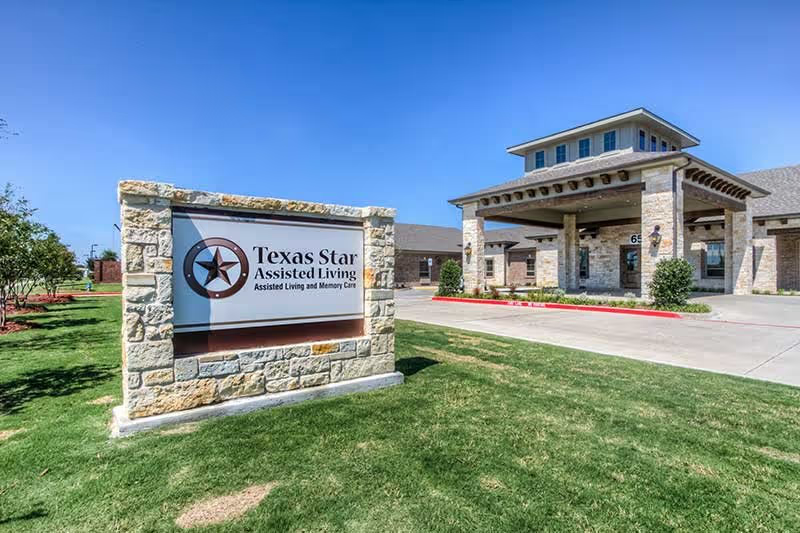Overall sentiment across these reviews is sharply polarized and highlights serious inconsistency in care and communication at Dunklau Gardens. Some reviewers describe clearly positive experiences focused on therapy and frequent family updates, while others report significant failures in medical recognition, responsiveness, and management. The mixed nature of feedback suggests the facility may deliver strong outcomes for some residents under certain staff or therapy teams, but it also has lapses that can cause harm or prolonged recovery for others.
Care quality and rehabilitation: A central and recurring theme is rehabilitation quality. Positive comments praise therapists and measurable improvement (for example, a reviewer reporting that their mother was "improving greatly"), indicating the facility can provide effective therapy services. In stark contrast, several reviews recount a severe negative rehab experience described as a "rehab disaster": a medical issue (dropped foot) that was not identified promptly, a delayed brace, and an overall characterization that a month in rehab was wasted. These negative reports also include a troubling note that staff blamed the problem on the resident's dementia rather than investigating and addressing the underlying medical cause. Those specifics point to gaps in clinical assessment, timely intervention, and the handoff between nursing/medical oversight and therapy teams.
Staff behavior and communication: Reviewers form two opposing impressions of staff. On the positive side, staff are called helpful, knowledgeable, and thorough, with at least one family receiving almost daily updates and feeling well-informed. Therapists in particular receive praise for their skill and contribution to improvement. However, other reviews emphasize staff unresponsiveness — unanswered phone calls, poor availability, and a general lack of communication. That duality indicates variability in staff performance or in how communication processes are implemented; some families experience consistent updates and attentiveness, while others encounter silence and frustration.
Management, accountability, and resident treatment: Management and accountability are specific areas of concern in the negative reviews. Several reviewers use strong language such as "horrible staff," "bad management," and explicitly advise others not to send family members to the facility. There are reports of perceived poor treatment of residents (an example being the father-in-law referenced) and an implication that escalation or remediation pathways were ineffective or absent. These comments suggest systemic issues around leadership, staff training, or complaint resolution that may allow clinical or behavioral problems to persist.
Facilities, dining, and activities: The provided reviews do not comment on facilities, dining, or activities. The absence of feedback on these topics means there is no evidence from these summaries to assess those aspects of resident life at Dunklau Gardens.
Notable patterns and implications: The dominant pattern is inconsistency — families either experience competent, communicative care with strong therapy outcomes, or they encounter failures in medical recognition, slow provisioning of equipment, lack of attention, and poor managerial response. The specific medical lapses reported (missed dropped foot, delayed brace, attributing issues to dementia) are especially important because they directly affect resident safety and functional recovery. Equally important is the split in reports about communication; good communication appears to correlate with positive perceptions, while communication breakdowns exacerbate negative experiences.
Recommendations based on these reviews: For prospective families, ask targeted questions about medical oversight for rehab patients, how quickly changes in status are escalated to clinicians, timelines for providing assistive devices, and the facility's communication protocols (who will provide updates and how often). Meet the therapy team, request to see written care and discharge plans, and ask how complaints are handled and who the escalation contacts are. For the facility, these reviews suggest priorities including strengthening clinical assessment protocols, ensuring timely provision of necessary equipment, standardizing family communication practices, and improving management responsiveness and accountability mechanisms to reduce variability in resident outcomes.







